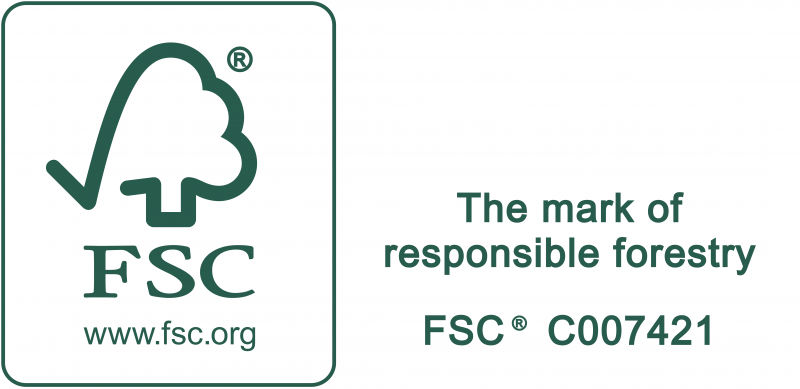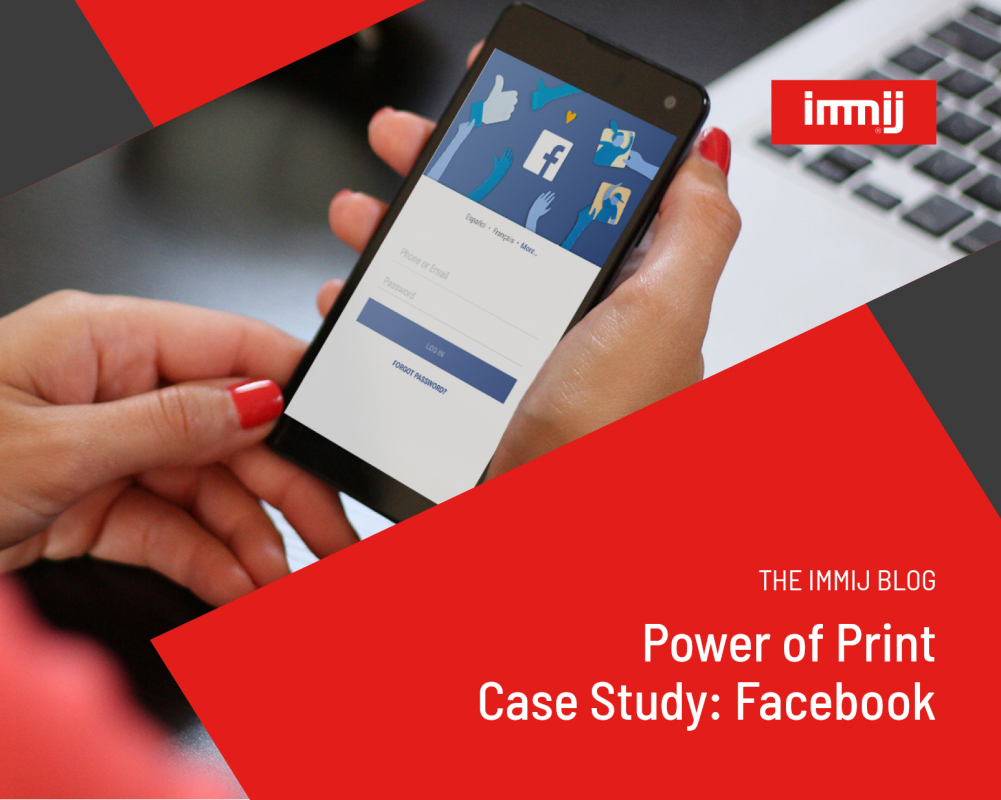While some marketers believe spending their advertising dollars on digital platforms is the Holy Grail, social media giant Facebook has launched a number of print campaigns.
CREATING NEW CONNECTIONS WITH PRINT
Over the years, Facebook has been busy commissioning a number of print projects to show off its creative side to its employees, ad agencies and the public.
Posters
Facebook launched a branding campaign in 2015 promoting the power of friendship, using a number of channels including posters, press and TV ads in the US, Canada and UK. According to Nielsen, between February and April, Facebook spent $1M on press ads and $2.5M on outdoor media in the UK to promote the campaign, which appeared on roadside posters and across the London Underground.
Playing Cards
To showcase its marketing insights to creatives and agency heads, Facebook created a beautiful deck of 52 illustrated playing cards. Each card offered a unique and engaging marketing insights about Facebook and its users. Over 1,000 decks were distributed to agencies, with the packaging personalised to the recipient.
Books
Facebook was experiencing challenges when communicating its company mission, history and values to new employees – online group chats, emails or conversations were not able to clearly communication the culture. So they decided utilise print and put together a ‘little red book’ full of captivating images and ideas to help tell the Facebook story.
CONCLUSION
Even though Facebook persuades advertisers to switch their budgets into digital media, they know how to use all of the tools in their marketing tool box. Demonstrating the effectiveness and invaluable ability of print to share their brand story, this use of print within their multi-channel strategy better engages and communicates with their audiences strong brand equity.
Facebook and other tech giants’ recent use of print communications may be evidence that the limits of digital marketing are being reached. To build their businesses further, these huge technology companies are now looking to traditional media.




